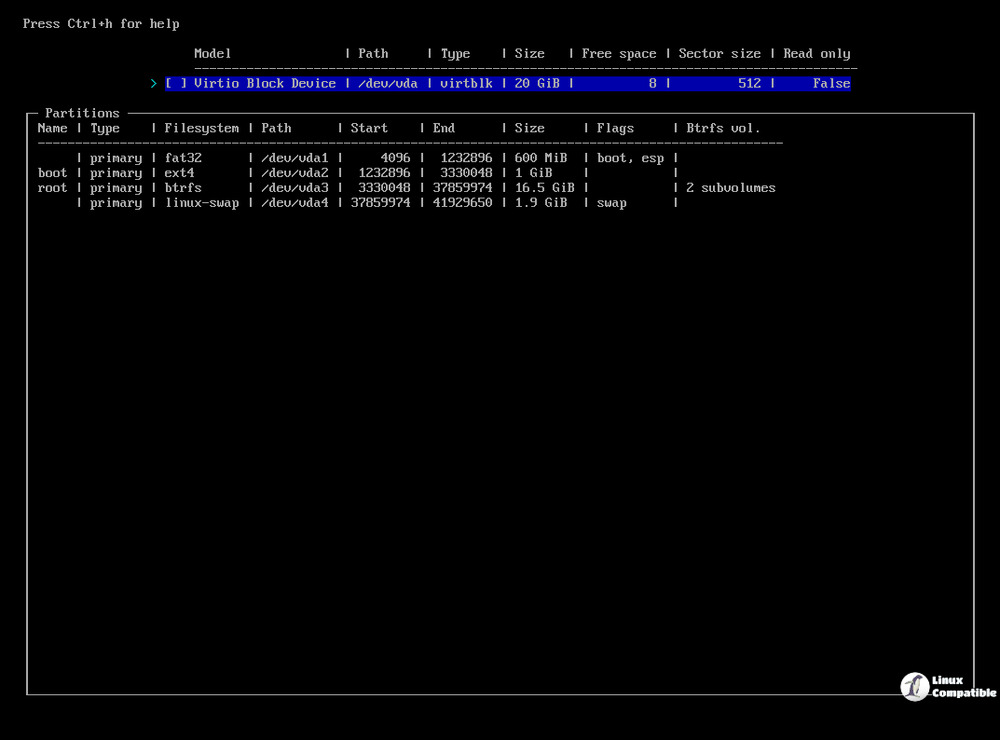New Features:
- File Encryption: Users can now opt for file encryption when configuring user credentials.- Password Management: Passwords can be stored as hashes, enhancing security.
- Desktop Environments: Support has been added for labwc, niri, river, and xmonad.
- Post-Installation Options: Additional options have been implemented in the post-installation menu.
Bug Fixes:
- Resolved issues with the Sway application launcher.- Updated the GTK theme package for better compatibility.
- Enhanced partition type detection and management.
- Fixed various regressions and validation issues in disk configuration.
Various Changes:
The update includes multiple code improvements, such as optimizing import cycles, enhancing type detection, and cleaning up unused variables. Additionally, it features updates to translations in multiple languages, ensuring broader accessibility for users globally.New Contributors:
Several new contributors have made their initial contributions to the project, showcasing the ongoing growth and community involvement in the Arch Linux ecosystem.In summary, ArchInstall 3.0.5 brings significant improvements in security, usability, and functionality, while also fostering community engagement through the inclusion of new contributors. As Arch Linux continues to evolve, users can expect ongoing enhancements that cater to their needs and improve the overall installation experience. Future updates may focus on refining user interfaces, expanding desktop environment support, and further enhancing security features
ArchInstall 3.0.5 released
A new version of the Arch Linux installer has been released with new features, including optional file encryption for user credentials configuration, the ability to store passwords as hashes rather than plaintext, and enhanced post-installation menu options. Recent updates encompass the resolution of issues with the application launcher in Sway, transitioning from dmenu to wmenu, substituting the GTK theme package for the Budgie build with a current version, and enhancing the detection, assignment, and management of partition types and misconfigurations.


